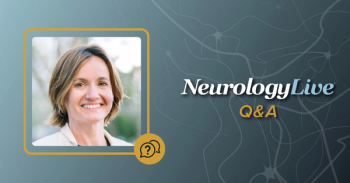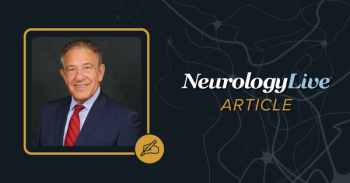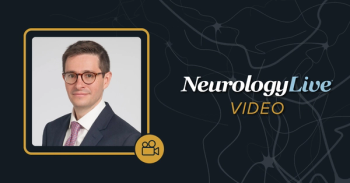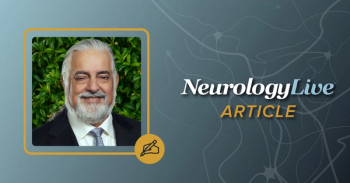
SRNA’s Educational Micro-Course: Building a Greater Understanding of Rare Neuroimmune Disorders

Benjamin Greenberg, MD, a pediatric neurologist at the University of Texas Southwestern Medical Center, provided commentary on a recently initiated online program dedicated to empowering those affected by rare neuroimmune disorders.
Rare neuroimmune disorders are complex autoimmune disorders of the central nervous system that occur when the immune system mistakenly attacks tissue. These disorders can have lifelong complications and affect several aspects of a person’s life. The
About a month ago, the organization released several new courses as part of its unique online learning program, which provides patients and families living with these disorders a comprehensive understanding of their condition. Each course, which features videos with helpful animations, written text, and knowledge checks, was developed with medical experts and aims to improve knowledge and health literacy, reduce diagnostic uncertainty, and provide resources for better patient-care discussions.
What are some of the greatest advantages this course holds for patients and families affected by rare neuroimmune disorders?
Benjamin Greenberg, MD: This course is well organized, created from a patient/family’s perspective, and uses accessible language and concepts to describe complex medical topics. The content is separated into sections that allow for the digestion of the material over time.
How does the style of the courses allow for easier digestion of material and a greater understanding of these disorders?
The material utilizes accessible visualizations and comparisons to make complex material understandable. The integration of the visualizations with narration provides a powerful tool for families navigating medical issues for the first time.
What are the key aspects of education that are pertinent to patients gaining control over their disease?
In the world of rare neuroimmunologic disorders, there is a tremendous complexity to the various diagnostic categories. Often patients and families hear conflicting information about their diagnosis and this educational program provides a thorough and understandable education about how to understand the terminology and concepts. Additionally, the program provides families with important information about treatment options and approaches to monitoring for disease activity.
Over the years, how has awareness of the differences between these disorders grown? What are things the public and clinicians should still keep in mind when thinking about rare neuroimmune disorders?
Over the years there has been a growth in awareness about rare neuroimmunologic disorders partly driven by scientific advances that separated out diagnostic approaches to neuromyelitis optica and anti-MOG associated disorder. With an evolving landscape of diagnoses and nomenclature clinicians and patients need a framework to keep track of the diagnostic and management issues.
For patients who are still confused about their diagnosis, what steps should they take?
If after this program patients are still confused about their diagnosis it is often because they have incomplete information. It will be critical to discuss these questions with their treating care providers.
Newsletter
Keep your finger on the pulse of neurology—subscribe to NeurologyLive for expert interviews, new data, and breakthrough treatment updates.










